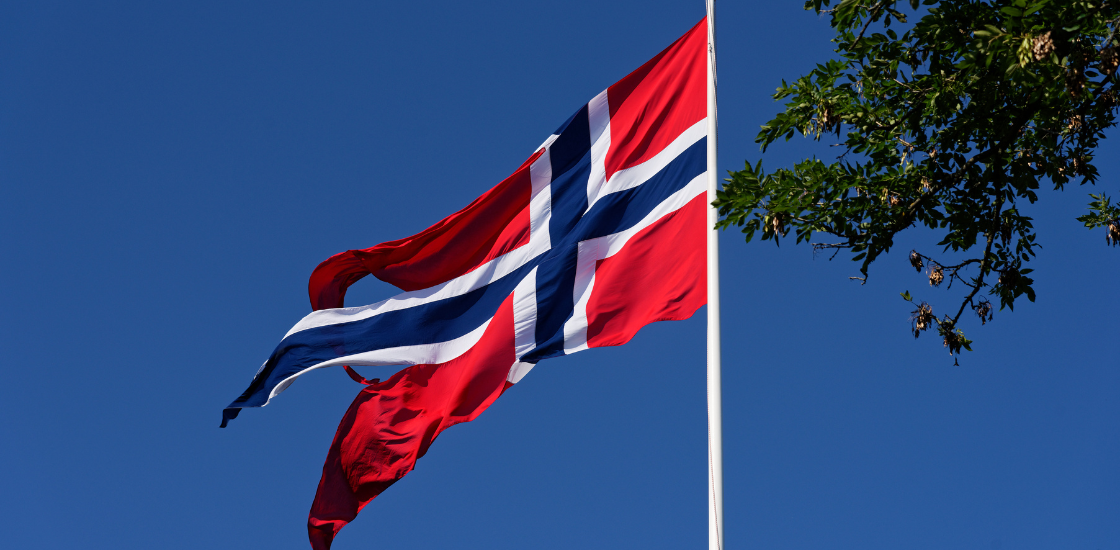Norway’s Conservative Party Pushes for End to Gambling Monopoly by 2028
Norway’s Conservative Party has called for the termination of the country’s state-controlled gambling monopoly, proposing a shift to a licensed system by 2028. This policy, if implemented, would align Norway with other Scandinavian countries that have already moved to regulated gambling markets.

Call for Reform in Norway’s Gambling Sector
The Conservative Party of Norway has officially advocated for the end of the national gambling monopoly, proposing a shift to a licensed gambling model by 2028. This proposal, introduced in the party’s 9 September election manifesto, seeks to replace the current system dominated by state-run Norsk Tipping and Norsk Rikstoto.
Norway is the last country in Scandinavia to maintain a state-controlled monopoly, but this new policy could signal significant changes ahead. The Conservative Party’s new stance comes in response to growing calls for market liberalization, aligning Norway more closely with countries like Sweden and Denmark, which have already adopted licensed gambling systems.
Impact of Finland’s Market Liberalization
Finland’s decision to liberalize its online gambling market in July has had a direct influence on Norway’s debate regarding gambling regulations. The shift in Finland reignited political interest in reevaluating Norway’s monopoly, with many looking to Finland’s move toward a regulated market as a potential model for Norway.
The Conservative Party’s manifesto emphasizes the financial benefits of a licensed system, stating that it would “increase revenues for the state and [provide] greater opportunities to help those who are struggling with problem gambling.” Leading party members, such as Magnus Mæland, Ola Svenneby, Tage Pettersen, and Anita Oterhals Eide, have voiced their support for the reform, positioning the party as a proponent of a more open market.
Political Landscape and Opposition Views
The Conservative Party’s stance reflects shifting public attitudes toward gambling regulation in Norway. While the Labour Party, which currently governs with a small majority, supports maintaining the monopoly system, opposition parties have voiced alternative approaches. The Progress Party, for example, was the first to call for an end to the monopoly in 2021, advocating for a licensing system similar to those in neighboring countries.
The Liberal Party has adopted a more cautious stance, focusing on reviewing gambling regulations and their impact on gambling addiction, leaving the door open for future reforms without directly calling for the end of the monopoly.
Public Consultation and the Road to 2025
As the 2025 general election approaches, Norway’s political system allows for significant public input on party manifestos. This means that the public will have an opportunity to contribute to the conversation surrounding the proposed liberalization of the gambling market. If the Conservatives gain more influence in the next election, the shift to a licensed gambling model could take shape by 2028.
In January 2024, the International Betting Integrity Association (IBIA) and the Norwegian Betting Association (NBO) voiced similar concerns about the monopoly, pushing for reforms that would improve consumer protection and oversight. These earlier efforts laid the groundwork for the Conservative Party’s current push for change.
